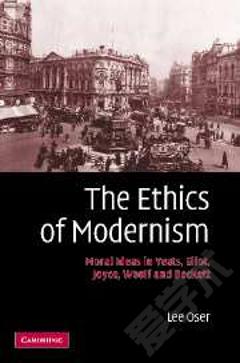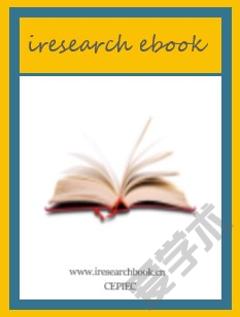The Ethics of Modernism: Moral Ideas in Yeats, Eliot, Joyce, Woolf and Beckett
What was the ethical perspective of modernist literature? How did Yeats, Eliot, Joyce, Woolf and Beckett represent ethical issues and develop their moral ideas? Lee Oser argues that thinking about human nature restores a perspective on modernist literature that has been lost. He offers detailed discussions of the relationship between ethics and aesthetics to illuminate close readings of major modernist texts. For Oser, the reception of Aristotle is crucial to the modernist moral project, which he defines as the effort to transform human nature through the use of art. Exploring the origins of that project, its success in modernism, its critical heirs, and its possible future, The Ethics of Modernism brings a fresh perspective on modernist literature and its interaction with ethical strands of philosophy. It offers many new insights to scholars of twentieth-century literature as well as intellectual historians.
{{comment.content}}








 京公网安备 11010802027623号
京公网安备 11010802027623号